The Ultimate Guide to Driveway Pressure Washing in Kingsport
The Ultimate Guide to Driveway Pressure Washing in Kingsport
Introduction:
Welcome to the Ultimate Guide to Driveway Pressure Washing in Kingsport! If you've ever looked at your driveway and wondered how it got so dirty, you're not alone. This comprehensive guide is here to help you transform your grimy concrete into a sparkling clean surface that will boost your home's curb appeal and protect your investment.
In this article, we'll cover everything you need to know about driveway pressure washing, including:
- The benefits of professional pressure washing
- How to tackle common driveway stains
- Safety precautions for DIY pressure washing
- Frequently asked questions about the process
Whether you're considering tackling the job yourself or hiring a professional, this guide will provide valuable insights and tips to ensure your driveway looks its best. So, let's dive in and discover how to give your Kingsport home the pristine driveway it deserves
The Key Takeaways
- Professional Pressure Washing Benefits:
- Significantly improves curb appeal
- Prevents long-term damage to the driveway
- Saves time and money compared to DIY attempts
- Ensures proper equipment and expertise are used
- Common Driveway Stains and Removal:
- Oil and grease: Use dish soap, baking soda, laundry detergent, or commercial degreasers
- Rust: Apply lemon juice and salt, white vinegar, or commercial rust removers
- Organic stains: Utilize pressure washing, oxygen bleach, or enzymatic cleaners
- Safety Precautions for DIY Pressure Washing:
- Wear proper protective gear (safety goggles, gloves, closed-toe shoes, long clothing)
- Maintain a safe distance to avoid property damage
- Use the correct nozzle for the surface being cleaned
- Follow electrical safety guidelines, especially with electric pressure washers
- Maintenance Tips:
- Pressure wash your driveway at least once a year
- Address stains promptly to prevent long-term damage
- Consider using specific cleaners before pressure washing for better results
- Pressure Washing Specifications:
- Use a pressure washer with 3000 PSI or higher for effective cleaning
- Choose appropriate cleaning solutions based on the type of stains (acidic, alkaline, pH-neutral, or bacterial cleaners)
- Professional vs. DIY:
- While DIY is possible, professional services often provide better results
- Hiring experts can save time, prevent potential damage, and ensure thorough cleaning
- Long-term Benefits:
- Regular pressure washing maintains your home's appearance
- Proper maintenance prevents costly repairs in the future
- A clean driveway is an investment in your property's value
These key takeaways summarize the article's main points, providing a quick reference for Kingsport's most critical aspects of driveway pressure washing.
The Ultimate Guide to Driveway Pressure Washing in Kingsport
Hey there, Kingsport homeowners! Have you ever looked at your driveway and thought, “Wow, when did it get so grimy?” Trust me, I've been there. That's why I'm excited to share some driveway pressure washing tips that'll have your concrete looking brand new in no time. We all want our homes to make a great first impression, and a clean driveway is a big part of that curb appeal. Plus, regular cleaning helps prevent long-term damage, saving you money.
In this guide, let's get ready to transform your driveway from drab to fab!
Benefits of Professional Driveway Pressure Washing
Let me tell you, as someone who's been there, trying to pressure wash your own driveway can be a real pain in the you-know-what. I remember renting one of those machines first, thinking, “How hard could it be?” Well, let me spare you the gory details, but it involved a lot of cursing, a broken nozzle, and a driveway that somehow looked worse than when I started.
That's when I learned my lesson and called in the pros. And let me tell you, it was a huge relief! Not only did they have the right equipment and know-how to get the job done quickly and efficiently, but the results were night and day compared to my DIY disaster.
Improved Curb Appeal
First, let's talk about curb appeal. You might not think much about your driveway, but trust me, it makes a big impression on guests and passersby. A dingy, stained driveway can make your whole house look shabby, no matter how nice the rest of it is. But a freshly pressure-washed driveway? It's like a facelift for your home's exterior!
I remember the first time I had my driveway professionally cleaned. The transformation was inspiring. The concrete looked brand new, and the whole front of my house seemed brighter and more inviting. It was like a weight had been lifted off my curb appeal shoulders.
Preventive Maintenance
But it's not just about looks. Regular pressure washing is also crucial for maintaining the integrity of your driveway. It's a responsibility we all share. Over time, dirt, grime, mold, and mildew can eat away at the surface, leading to cracks, pitting, and other damage. By blasting away all that gunk, you're extending the life of your driveway and preventing costly repairs down the road.
I learned this the hard way when I neglected to clean my driveway for a few years. Before I knew it, I had a network of tiny cracks spiderwebbing across the surface. My pressure washing guy told me that if I had kept up with regular cleanings, I could have avoided that damage altogether. Lesson learned!
Time and Cost Efficiency
Finally, there are the time and cost factors to consider. Sure, you could spend your weekend wrestling with a rented pressure washer, but is that really how you want to spend your precious free time? And when you factor in the cost of the rental, the cleaning solutions, and the potential for damage if you don't know what you're doing, it quickly becomes apparent that hiring a pro is the way to go.
I did the math after my pressure washing fiasco, and I was shocked at how much I had spent on the rental, the gas, and the extra cleaning supplies I had to buy because I didn't know what I was doing. If I had hired a professional from the start, I would have saved myself time, money, and a lot of stress.
So take it from me, folks. Regarding driveway pressure washing, please leave it to the experts. Your curb appeal, driveway longevity, and sanity will thank you. And if you're in the Kingsport area, I can't recommend [company name] enough. They're the real deal in making your driveway look like a million bucks.
Common Driveway Stains and How to Remove Them
Alright, folks, let's talk about those pesky stains that magically appear on our driveways. I've had my fair share of battles with these unsightly blemishes, and I'm here to share some tips and tricks I've learned.
Oil and Grease Stains
First up, we've got the notorious oil and grease stains. Whether it's from a leaky car or an accidental spill during a DIY project, these stains can be a real pain to remove. Trust me, I've been there. Once, I decided to change my oil to save a few bucks. Big mistake! I ended up with a massive oil stain on my driveway that seemed impossible to clean.
But fear not, my friends! There are a few methods that can help banish those greasy eyesores:
- Dish soap and hot water: Mix a generous amount of dish soap with hot water and pour it over the stain. Let it sit for a few minutes, then scrub with a stiff brush. This works best on fresh stains.
- Baking soda: Sprinkle baking soda over the stain and let it sit for a few hours. The baking soda will absorb the oil, making it easier to scrub.
- Laundry detergent: Mix a paste of laundry detergent and water, apply it to the stain, and let it sit overnight. Scrub and rinse the next day.
- Commercial degreasers: For tough, set-in stains, you may need to bring in the big guns. Look for a commercial degreaser specifically designed for concrete.
Rust Stains
Next up, we've got rust stains. These can be caused by everything from rusty patio furniture to stray nails and screws. I once had a lovely set of wrought iron chairs that left a lovely orange-brown “design” on my driveway. I was going for a different look.
Here's how to tackle those rusty remnants:
- Lemon juice and salt: Sprinkle salt over the stain, then squeeze fresh lemon juice. Let it sit for a few hours, then scrub and rinse.
- White vinegar: Pour white vinegar directly onto the stain, let it sit for 15-20 minutes, then scrub and rinse.
- Commercial rust removers: A commercial rust remover may be necessary for stubborn stains. Just follow the instructions carefully and wear gloves to protect your hands.
Organic Stains
Finally, organic stains like leaves, acorns, and even pet waste can leave behind unsightly discolorations on your driveway. I remember one autumn when my driveway looked like it had a bad case of measles, thanks to all the fallen leaves that had stained the concrete.
Here's how to get rid of those organic stains:
- Pressure washing: A pressure washer can work wonders on organic stains. Just be careful not to use too much pressure, as it can damage the concrete.
- Oxygen bleach: Mix oxygen bleach with water according to the package instructions, then apply it to the stain. Let it sit for a few hours, then scrub and rinse.
- Enzymatic cleaners: An enzymatic cleaner can help break down the organic matter and neutralize odors for pet stains.
So there you have it, folks – my tried-and-true methods for tackling common driveway stains. Remember, the key is to act fast and be persistent. Don't let those stains get the best of you! With some elbow grease and the right tools, your driveway will look new in no time.
Safety Precautions for DIY Pressure Washing
Alright, folks, let's talk safety. I know – you're probably thinking, “Come on, it's just a little water!” But trust me, when it comes to pressure washing, that “little water” can pack a serious punch. I learned that the hard way when I first started.
One time, I was pressure washing my driveway without any gloves on. Big mistake! The high-pressure water sliced open my hand, and I ended up in the ER getting stitches. It's not exactly the DIY project I had in mind.
So, let's dive into some essential safety precautions to remember when tackling your driveway pressure washing project.
Proper Protective Gear
First up, let's talk about proper protective gear. This is non-negotiable, people! You absolutely must wear:
- Safety goggles: Those little bits of dirt and debris can fly up and straight into your eyes, and you don't want to experience that.
- Thick gloves: Remember my stitches story? Don't be like me. Wear some heavy-duty gloves to protect your hands from the high-pressure water.
- Closed-toe shoes: You are not allowed to wear flip-flops or sandals. Sturdy, closed-toe shoes are best to protect your feet.
- Long pants and a long-sleeved shirt: I know it might be tempting to pressure wash in shorts and a tank top on a hot day but trust me, you want to keep your skin covered to avoid any potential injuries.
Avoiding Property Damage
Next, let's discuss avoiding property damage. Pressure washers are potent tools; if you're not careful, you can easily damage your home or your neighbor's property.
- Keep a safe distance: Always maintain a safe distance between the pressure washer nozzle and the surface you're cleaning. Getting too close can cause damage, especially to softer surfaces like wood or siding.
- Use the correct nozzle: Different nozzles are designed for different surfaces. Could you ensure you're using the appropriate nozzle to avoid damage?
- Test a small area first: Before you start blasting away at your entire driveway, test a small, inconspicuous area first. This will help you get a feel for the pressure and ensure you're not causing any damage.
Electrical Safety
Finally, let's talk about electrical safety. Water and electricity don't mix, folks! If you're using an electric pressure washer, there are a few key things to keep in mind:
- Use a GFCI outlet: Always plug your pressure washer into a GFCI (ground fault circuit interrupter) outlet. This will help prevent any electrical shocks or accidents.
- Keep the cord dry: Ensure the electrical cord isn't sitting in puddles or getting sprayed with water. If the cord gets wet, unplug it immediately and let it dry completely before using it again.
- Don't use extension cords: Avoid using extension cords with your pressure washer. If you need one, please ensure it's rated for outdoor use and has the proper amperage for your machine.
So there you have it, folks – some essential safety precautions to remember when pressure washing your driveway. Trust me, taking extra time to prioritize safety can save you a lot of pain (and potentially a trip to the ER) in the long run. Happy pressure washing!
Conclusion
Pressure washing your driveway can significantly impact your home's curb appeal and the longevity of your concrete. You can transform your driveway from grimy to gleaming by tackling common stains and following safety precautions. Remember, while DIY pressure washing is possible, professional services often provide better results and save you time and potential headaches.
Ultimately, a clean driveway is more than just esthetics – it's an investment in your property. Whether you hire a pro or tackle the job yourself, regular driveway maintenance will keep your home looking its best and prevent costly repairs down the road. So give your driveway the attention it deserves, and enjoy the fresh, welcoming look it brings to your home.
FAQs
What is the ideal pressure setting for cleaning a driveway with a pressure washer?
To effectively clean a driveway, it is recommended to use a pressure washer with a PSI (pounds per square inch) of 3000 or higher. This will allow you to clean the driveway quickly and efficiently. Pressure washers with lower PSI ratings can still be effective but may require more time to achieve similar results.
What do you think I should apply to my driveway before using a pressure washer?
Before pressure washing, consider applying one of the following types of cleaners based on your cleaning needs:
- Acidic Cleaners: These robust solutions can tackle stains, dirt, and substances soluble in acidic solutions.
- Alkaline Cleaners: Useful for breaking down grease, oils, and organic materials.
- pH-Neutral Cleaners: Ideal for general cleaning without specific stain issues.
- Bacterial Cleaners: These cleaners use bacteria to break down substances organically, ideal for persistent organic stains.
What chemicals are commonly used for pressure washing a driveway?
Several chemicals can enhance the cleaning power of pressure washing, including:
- Sodium Hypochlorite (12.5% Bleach, Chlorine): This widely used cleaning agent effectively cleans large areas.
- Hydrochloric Acid: Useful for tricky stain removal.
- Oxalic Acid: Effective against rust and stain removal.
- Super Red II Degreaser: Excellent for oily and greasy surfaces.
- Green Cat 5000: A versatile cleaner suitable for various cleaning needs.
How often should I pressure wash my driveway?
It is advisable to pressure-wash your concrete driveway at least once a year. This annual cleaning helps manage dirt, grime, and oil stains that accumulate over time, simplifying maintenance throughout the year. Additional pressure washing sessions can be scheduled as necessary, depending on the driveway's condition and exposure to dirt.
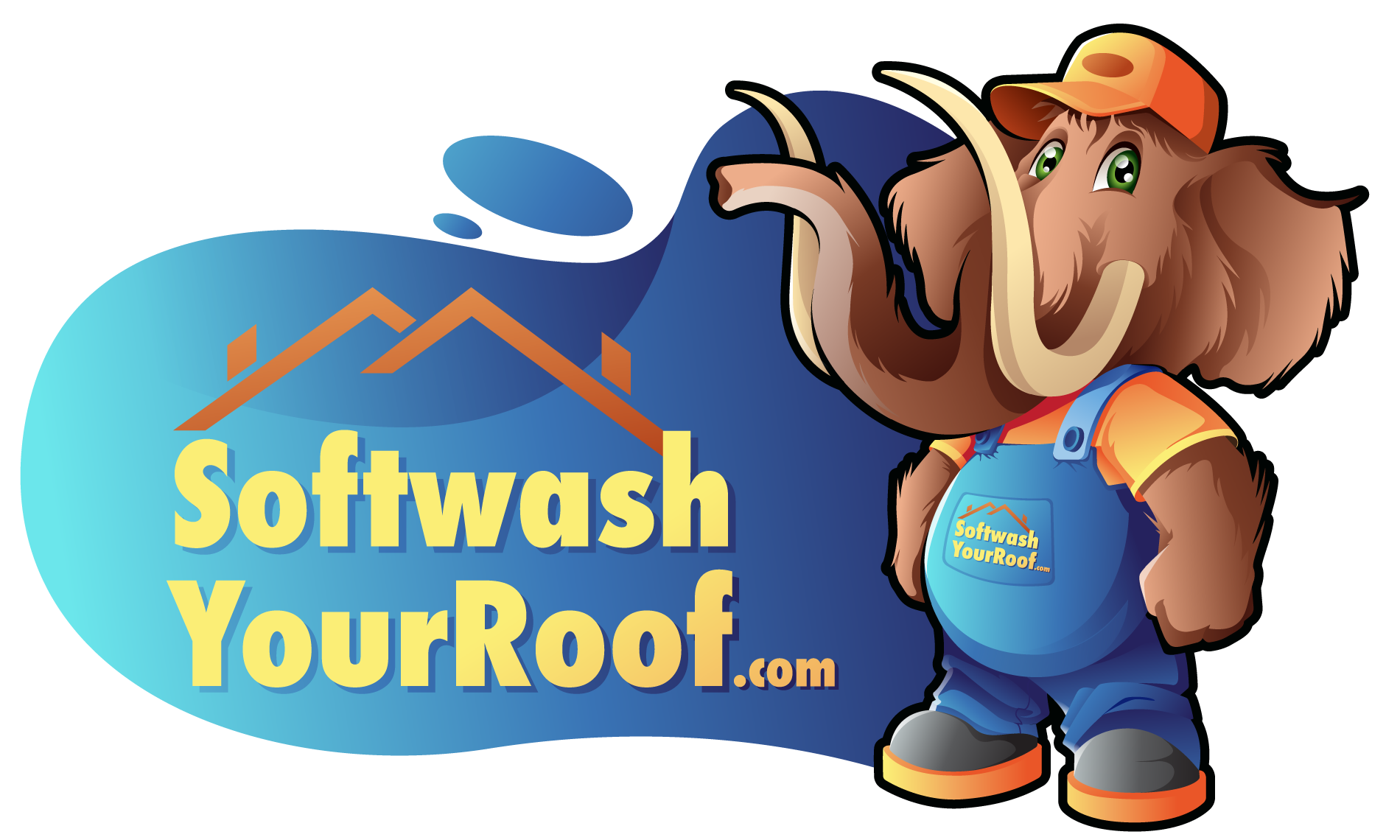
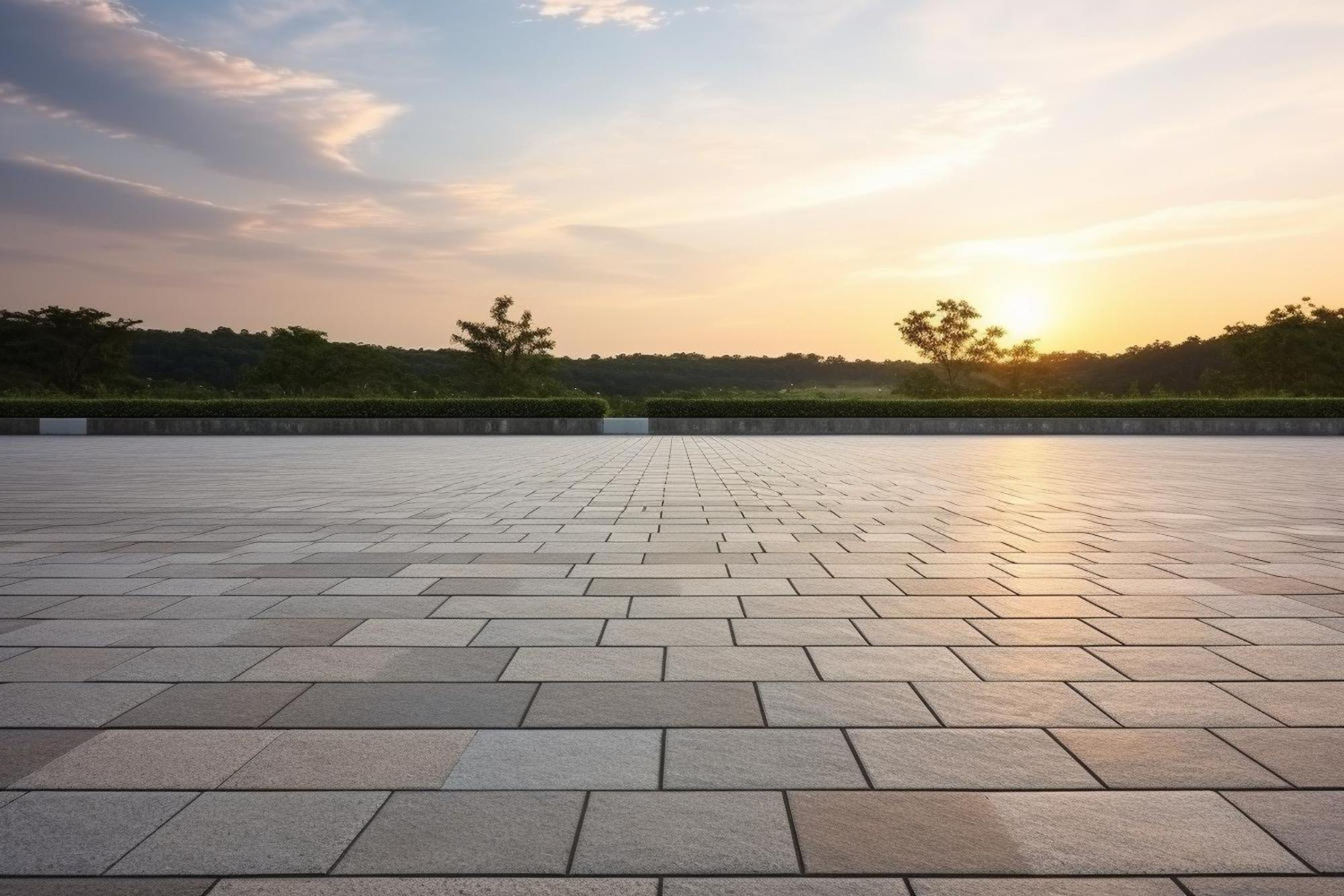
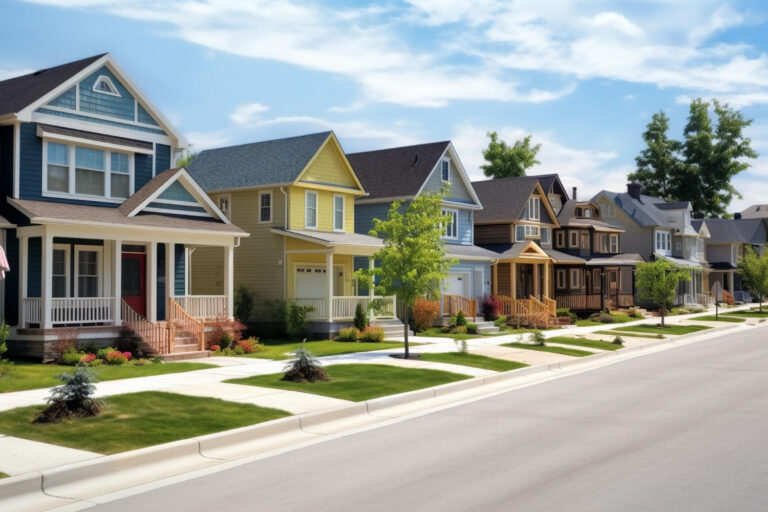
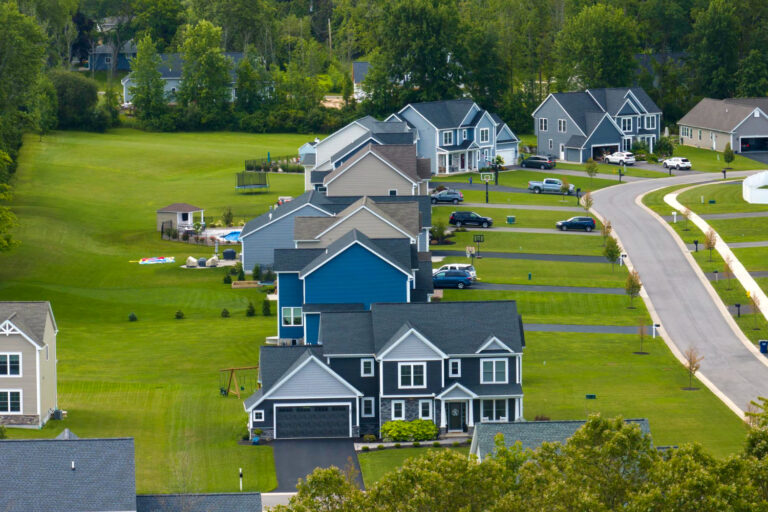
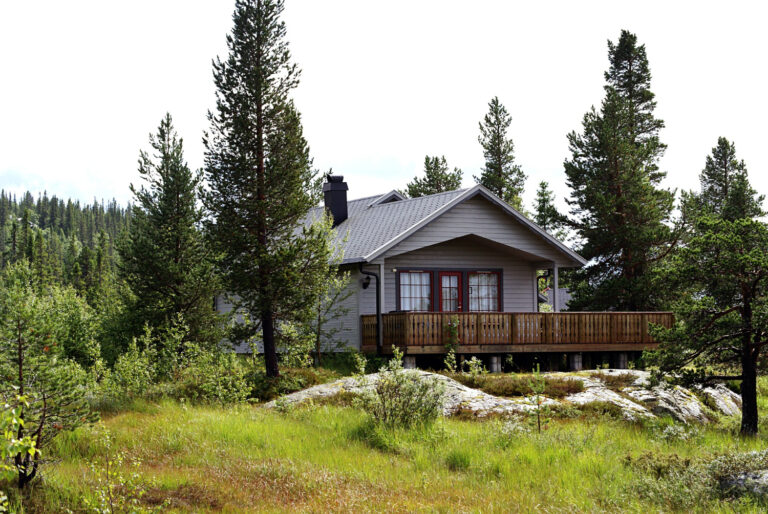
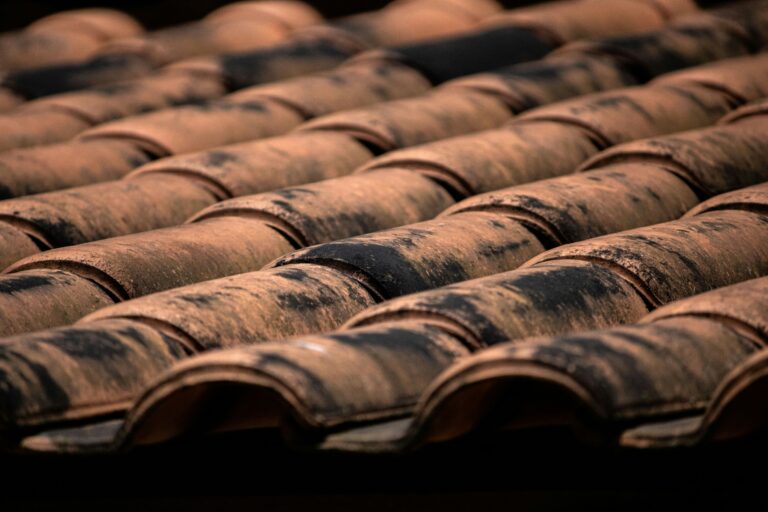

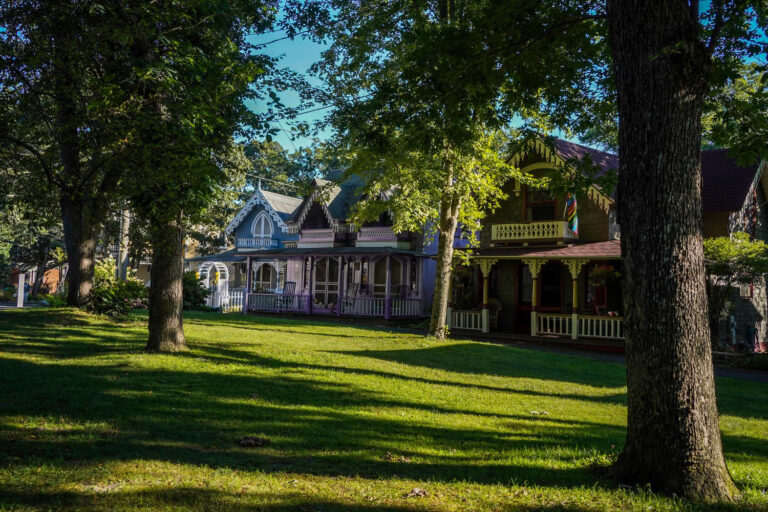

One Comment
Comments are closed.